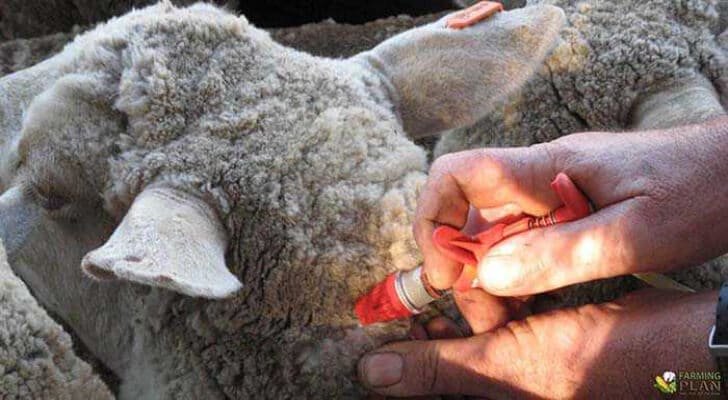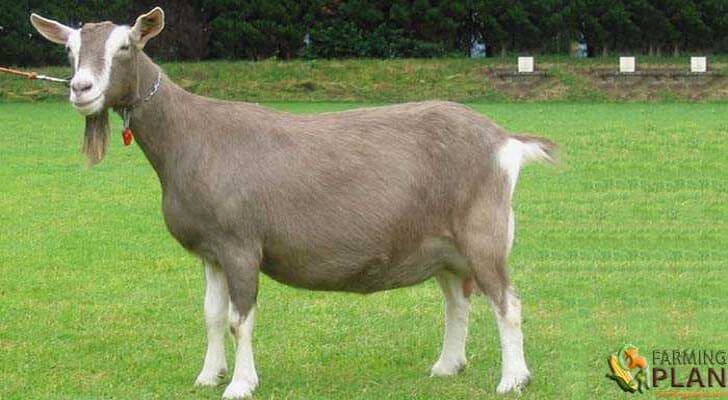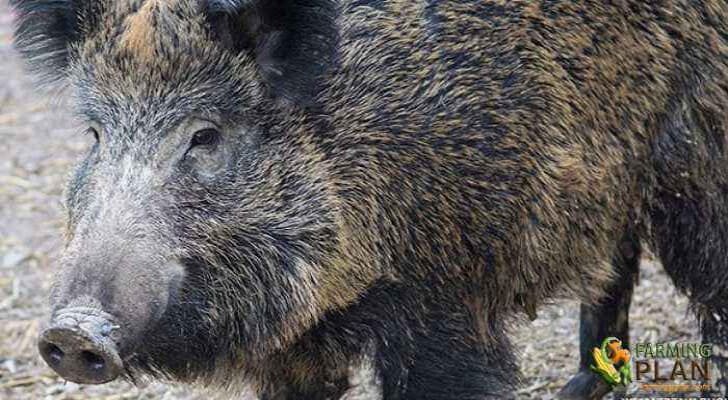Diseases of sheep are a very important matter for sheep farming. The disease can occur in animals due to poor herd management, inadequate feeding, and a hostile environment. The disease can be caused by parasites, bacteria, viruses and other microorganisms. General symptomatology of a sick animal is anorexia, sadness, bristling and rough hair, loss of milk production and weight loss.
This chapter is all about diseases that can affect sheep and lambs. For more information, including a detailed treatment option for each disease discussed refer to an animal health reference or seek advice from a qualified veterinarian or other highly-skilled professional who specializes in these areas of expertise!

Diseases of Sheep
Pneumonia
It is a disease of the lungs, its symptoms are fever, cough, discharge of flows through the nose, difficulty breathing. This disease is caused by poor nutrition; Parasites, mainly pulmonary worms; Use of damp and poorly ventilated facilities.
Diarrhea
Lambs should take the first milk (colostrum) to develop resistance to diarrhea, they should take it within two hours after sunrise. Diarrhea is a disease that ravages newborn lambs, is caused by bacteria that enter through the mouth and poor sanitary conditions. To cure diarrhea you should compensate for the loss of fluids, provide antibiotics or sulfa and clean the facilities periodically.
Colibacillosis
It is an infectious disease caused by bacteria that is located in the intestines, it is also known as white diarrhea; Is very common in newborns who have not received colostrum.
Internal parasites
Internal parasites or worms are common in sheep. When the ewe eats grass, it eats larvae of worms that once adults in the body of the sheep reproduce in the form of eggs. The sheep on defecation deposits these parasites again in the form of eggs, producing a cycle of contamination.
What to do to break the cycle?
- Do not herd sheep near dirty water.
- Keep corrals and accommodation clean.
- Keep sick animals separated from healthy animals and remove their excreta.
- Avoid contamination of food and water with excrement.
- De-spraying your animals periodically (at least every 6 months).
External parasites
External parasites live on the hair and skin of the sheep, suck the blood, causing a delay in growth and transmitting diseases. To prevent them, it is necessary to inspect their animals frequently, if they are infested to separate them from the healthy ones and to cure them. Spray, sprinkle or regularly bathe the animals as a precaution.
Aphthous fever
Foot-and-mouth disease is caused by a virus, which causes death in animals. The virus penetrates through the mouth, through the consumption of forage. The symptoms are high temperatures, if this one is very intense, it sends a liquid by the hooves; In the mucosa appear blisters, drool, and nasal discharge. It causes abortion in females and is prevented by vaccinating twice a year.
Anthrax
This disease kills the animal without any visible symptoms. It bleeds dark red through the animal’s natural orifices and does not coagulate. The corpses must be cremated and buried, the rest of the animals should be vaccinated against anthrax, starting at 6 months of age, twice a year.
Brucellosis
It manifests itself with successive abortions and in sheep that are infected, in which they are not pregnant causes inflammation in the udders. The disease is acquired by ingestion of contaminated water and fetal wastes that expel during an abortion.
Stallions can be contaminated during intercourse causing, sterility and arthritis. Laboratory tests for the diagnosis of brucellosis are recommended for animals coming from other farms to prevent the spread of the disease.
Diseases of Reproductive Origin
Toxemia
- This disease is also called gestation disease or ketosis.
- The disease occurs within the last few weeks or days of gestation.
Symptom
- Depression, weakness, and tremors.
- Poor control and muscle balance.
- Walk in circles.
- They lie down and are unable to get up.
- It can cause the death of the sheep and/or the lambs can be born dead.
Prevention
Supplements with high-energy foods or vitamins between the last 4 and 6 weeks of gestation. Do not let the sheep engorged abnormally at the beginning of gestation.
Mastitis
For the diagnosis of mastitis, you must have instruments and reagents special for this practice, the best known is California Mastitis Test. Mastitis is caused by dirty udders and nipples. The bacteria can penetrate through udder wounds.
Symptoms
- The udder swells warm and hurts.
- The udder turns red and even black.
- Milk becomes yellow, in lumps, with blood or pus.
- To prevent mastitis a rigorous cleaning must be maintained in the milking parlor and work equipment.
Treatment
- Isolate infected animals.
- Inject antibiotics into the nipple.
- Give a bath with warm water to the udder 2 or 3 times a day, in order to reduce the pain.
FAQ
What diseases are caused by sheep?
Sheep are susceptible to a variety of diseases, some of which can be passed on to humans. These include the highly contagious foot-and-mouth disease, which affects cloven-hoofed animals such as sheep and cows. Other diseases that can be transmitted from sheep to humans include anthrax, Q fever, and brucellosis. These diseases can cause serious health problems in both humans and animals if left untreated.
What are the viral disease of sheep?
Sheep are susceptible to a variety of viral diseases, some of which can have serious consequences for their health and productivity. The most common viral diseases of sheep include foot-and-mouth disease (FMD), bluetongue virus (BTV), scrapie, and ovine progressive pneumonia (OPP).
What are the most common diseases in sheep?
The most common diseases in sheep are parasites, bacterial infections, and viral infections. Parasites such as gastrointestinal roundworms, nasal bots, and liver flukes can cause a variety of health problems in sheep including anemia, weight loss, and poor growth. Bacterial infections like foot rot, mastitis, and caseous lymphadenitis can also be a major problem for sheep. Lastly, viral infections such as bluetongue virus and foot-and-mouth disease are highly contagious and can quickly spread through flocks of sheep. Vaccinations are the best way to prevent these diseases from occurring in your flock of sheep.
Conclusion
The final symptom of a sick animal is anorexia or the cessation of feeding. If your sheep are not eating and you suspect they may be ill, it’s important to take them in for diagnosis as soon as possible so that appropriate antibiotics can be administered. It’s also very important to provide adequate feed and care when raising animals on farms because this will ensure your livestock stays healthy. For more information about how to prevent diseases of sheep from occurring at home or if you need help with diagnosing one, contact us! We’ll do our best to answer all your questions about keeping farm animals healthy.
As A Reference: Wikipedia


